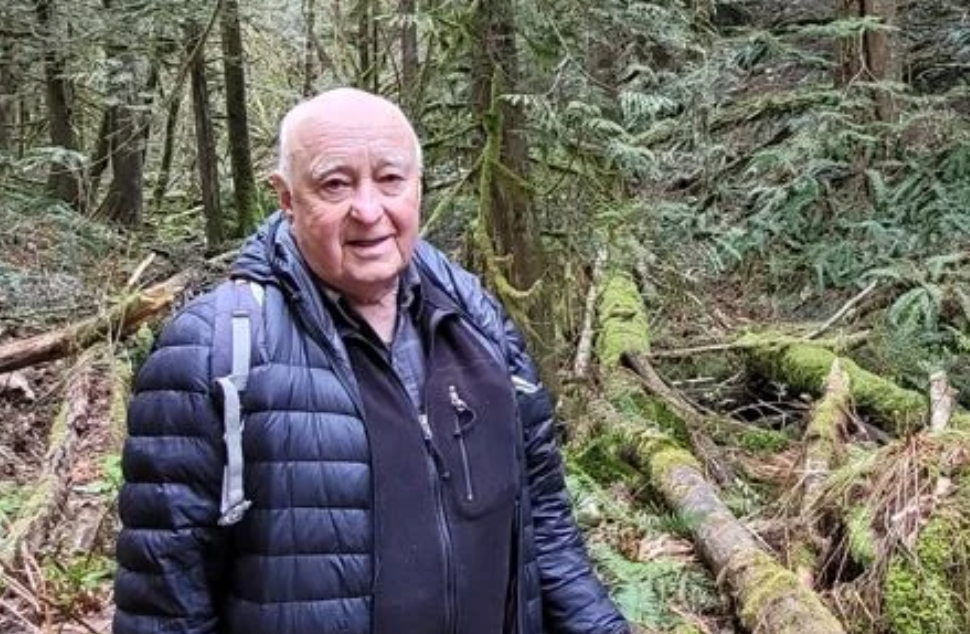
Universities are not supposed to fail. Universities are supposed to last for centuries and become etched in our minds and lives as honourable, robust, and rich places of learning. All right, some universities fail – Trump University comes to mind, and a host of small colleges and universities run mostly as for-profit businesses rather than noble centres of learning.
But Quest University was not supposed to fail.
The reasons for the failure are mostly out of view and involve decisions not made in the interest of the Quest. It is this writer’s expectation that those responsible for the failure will be held accountable. Otherwise, the support, funding, energy, and excitement about this most unique university will be for naught. The District of Squamish was an enabler for the success of Quest and has an obligation to understand what happened; why it happened; and seek the accountability so much needed. But it is not my intent to focus on the failure but rather to celebrate Capilano University into the community – once again.
Capilano University was here earlier in a small campus behind the High School. Two of its outstanding programs were outdoor education and early childhood. Squamish was beginning the move toward its new identity as a tourist destination and commercial centre for the Sea to Sky Corridor. The traditional economy was adding something new – Quest University. Now, Capilano University will continue to build upon the few years of Quest traditions.
Traditions involved welcoming students from far and wide. Quest set up a Host Parent program for students without family close by. A friend hosted students from Japan, China, and Russia during those years. Another tradition that was evident was the hiring of outstanding teachers who agreed to set aside the ‘professor’ title and be comfortable with a ‘tutor’ title. That implied something unique was happening at Quest – a deep focus on student interests that would independently drive their learning. The Quest curriculum became known as a different breed of cat. Students certainly studied the usual subjects but in concentrated blocks that allowed them to dig in deeply. The first two years were foundational years that set the stage for a personally driven focus on a keystone question – a question that was new and had not been answered before. The keystone question final presentations demonstrated clearly that the higher order thinking skills were in full gear as the students successfully tackled questions far beyond their young years.
Like many creative people, David Strangway had a dream. While he was president of UBC and the University of Toronto, he related his dilemma with the way university courses were constructed. It was middle ages in many ways and had a strong bias on learning older stuff rather than inquiry based for the future. He discovered that if students were let loose to follow their own questions, they would often need to pause, catch up with the missing background knowledge and then forge ahead into their new area of inquiry. He assured me in our conversations that he was not throwing out the need for basic knowledge and skill learning but understood the motivation and drive to learn is much superior if students are given support rather than lectures from a text.
David was a member of the Board of Directors of the Squamish Oceanfront Development Corporation. His role became that of ‘urger’. As he was also working through the final stages of getting Quest University ready for operation, he urged the Board to consider a wide number of options, especially the ownership component. His urging helped us to develop and then implement an approach that would build a partnership with a developer who had the finances and the skill team while SODC brought the value of the land and waterlots to the table. We tested that out and found it worked. David also endorsed the involvement of Capilano College (at the time), and we began discussions in 2007 to have them part of the Oceanfront lands. David’s style and creative approaches worked well for Quest, and it established itself effectively into the fabric of Squamish.
Welcome to Capilano University as it once again enters the Squamish scene. This is refreshing news and so much the preferred option as Squamish continues to grow as a most interesting learning community.
After teaching stint at Nipissing University and working as an administrator at the Maple Leaf International School in Trinidad & Tobago, Larry Murray moved to Squamish and became the founding Chair of the Squamish Oceanfront Development Corporation. Murray has served as the past chair of Sea to Sky Crime Stoppers and as a past director and Eagle Watch coordinator with the Squamish Environment Society. He has also done consulting work with SD44 and contributed to the new Cheakamus Centre.






Douglas R Day says
Very well put Larry
Bonny Cameron says
Thank you Larry. I worked At Quest from 2005 -2023. I find this to be one of the most thoughtful articles I’ve read on the subject.
Ted prior says
I agree th
E district needs to find
Answers to this failure after all the resource it put in . Hope they don’t just let it slip under the rug